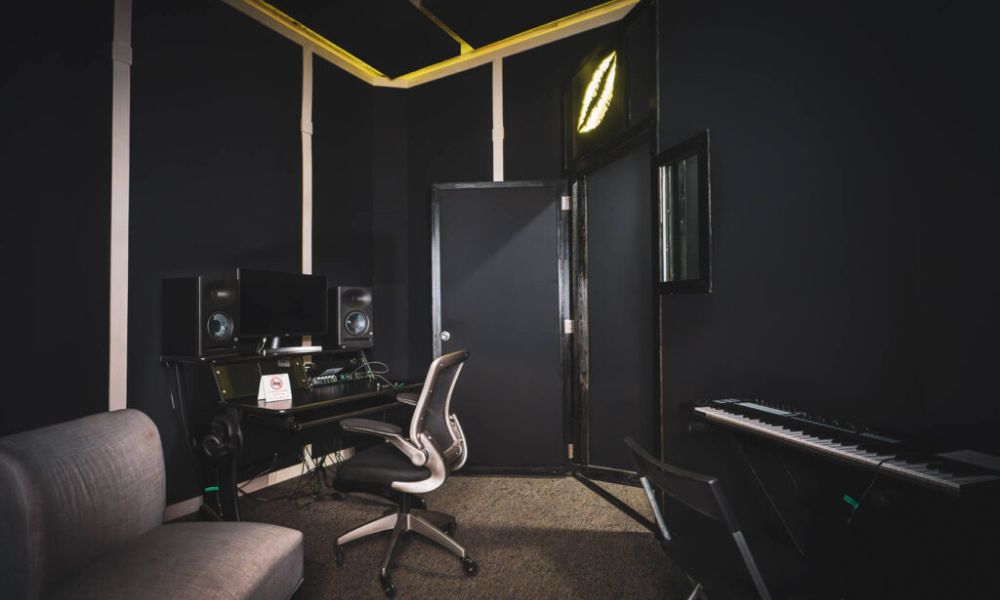Venturing into a recording studio for the first time can be as exhilarating as it is daunting, especially when you’re inundated by technical terms that sound like a foreign language. However, understanding these terms is key to effective communication with the sound engineers and producers who are crucial in bringing your musical vision to life. Here, we’ll demystify common recording studio terms and jargon every musician should know, providing a foundation of knowledge that will help you confidently speak the studio’s language.
Essential Studio Vocabulary
When it comes to recording music, there are countless techniques and approaches to make your tracks stand out. Here is some key vocabulary you should know:
- Bleed: The sound of one instrument or vocal being picked up by the microphone intended for another sound
- Click track: A metronome-like guide played in the musician’s headphones to keep time during recording
- Overdub: Adding a new track to a recording, typically after you’ve laid the initial tracks down
- DAW: Digital audio workstation—the software used to record, edit, and mix audio files
- Mixdown: The process of combining multiple tracks into a final stereo mix
These terms will make it easier to understand and communicate your vision and create truly inspiring sounds.
Technical and Practical Production Terms
For more technical details, it’s good to understand the basics of production. Here are some things to keep in mind:
- Bounce tracks: Mixing multiple tracks down to a single track to free up processing power or create a new mix of various elements
- Crossfade: A gradual transition that fades out one audio track while simultaneously fading in another
- Isolation booth: A small, enclosed space in the studio designed to minimize sound reflections and outside noise; used for recording vocals or instruments
- Sample rate: The number of audio samples carried per second, measured in Hz or kHz
- Gain staging: Managing the levels of audio signals at each stage of the signal path to optimize the signal-to-noise ratio and create headroom for further processing
Understanding these terms can help you follow and contribute to the discussions in the studio.
Communicating With the Production Team
Effective communication with the studio team can make or break your recording experience. Pay attention to how others use studio terminology, and don’t be afraid to ask for clarification. The more specific you can be in your requests, the better your team can deliver on your vision. Finally, if you need recording studio space for rent in Houston, Band Barracks has various professional services to meet your creative needs.
Make the Most Out of Your Studio Sessions
The recording studio is where art and science converge in remarkable ways. By learning the recording studio terms and jargon every musician should know, you can gain insider knowledge and forge stronger partnerships with the people who can help you sound your best. Whether you’re a singer, a drummer, a guitarist, or any other type of musician, taking the time to understand studio terminology will prove invaluable to the quality and efficiency of your recording sessions.

